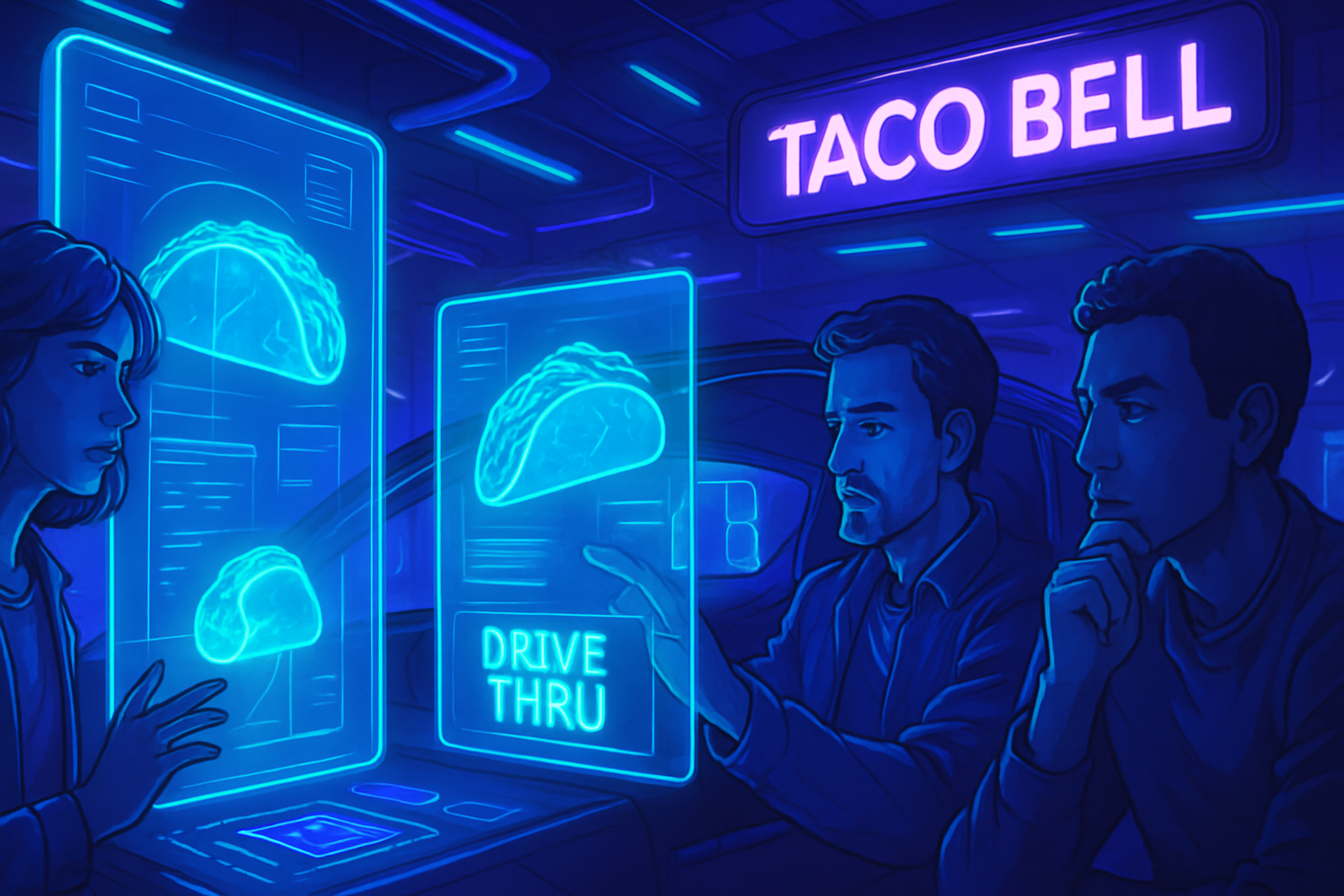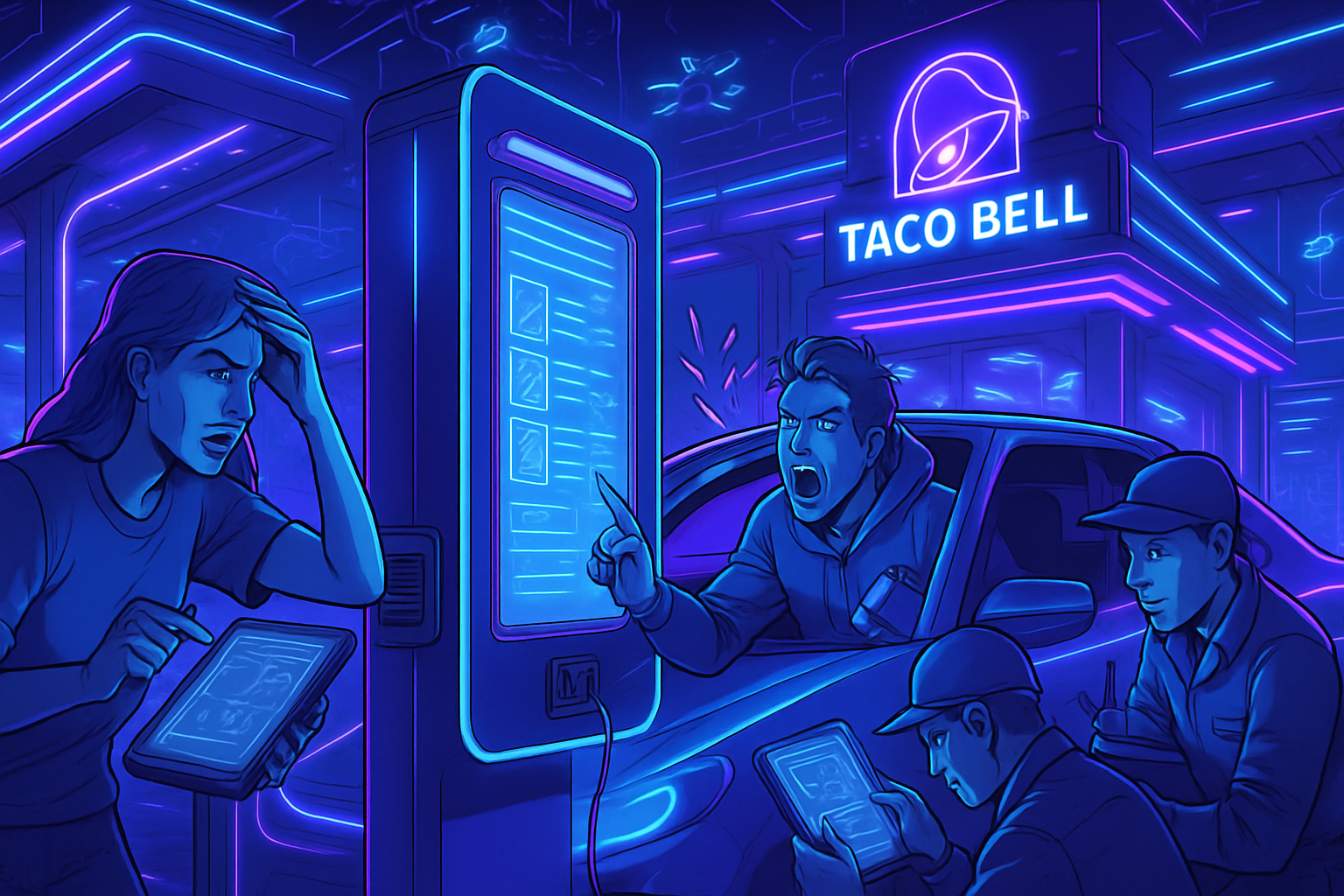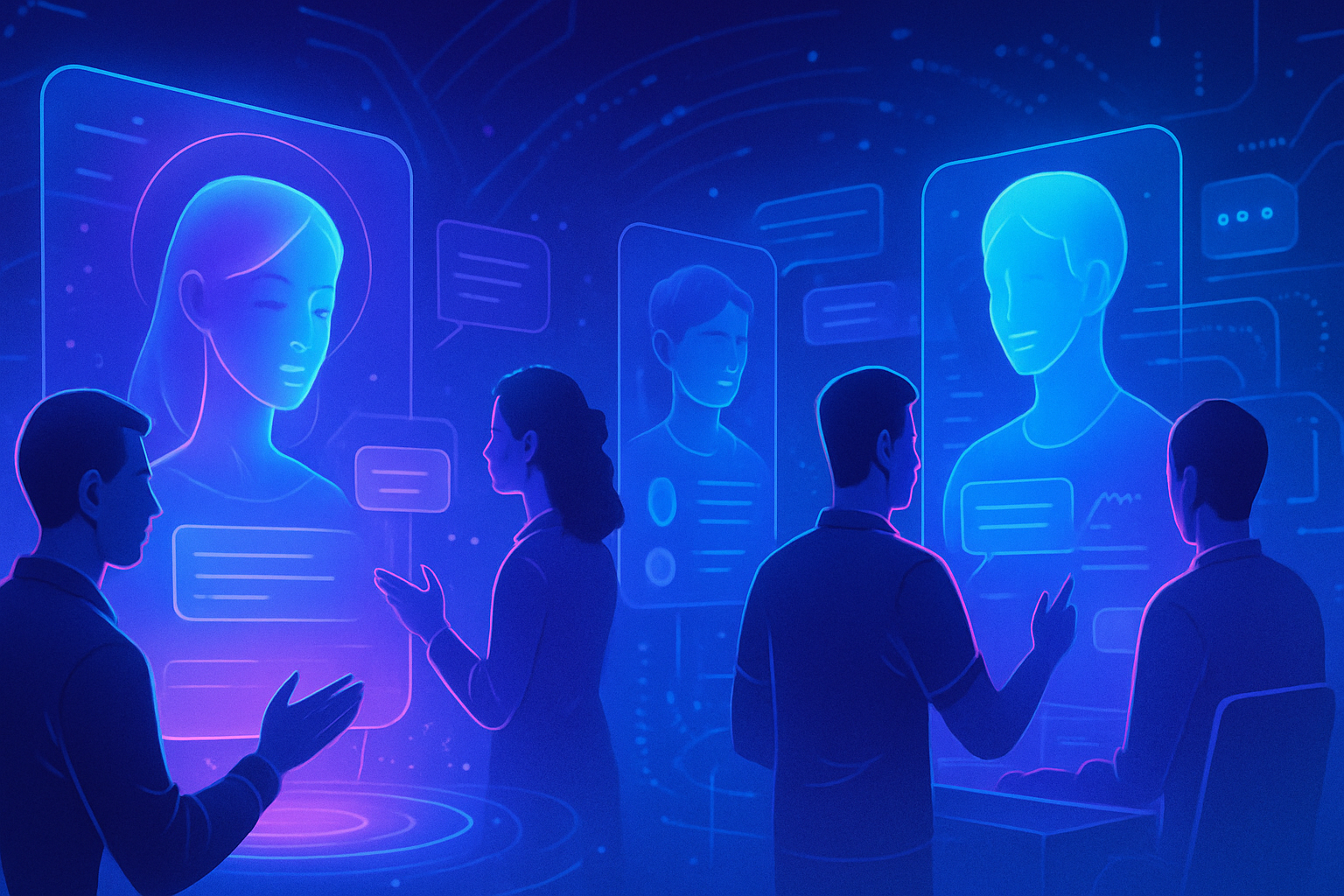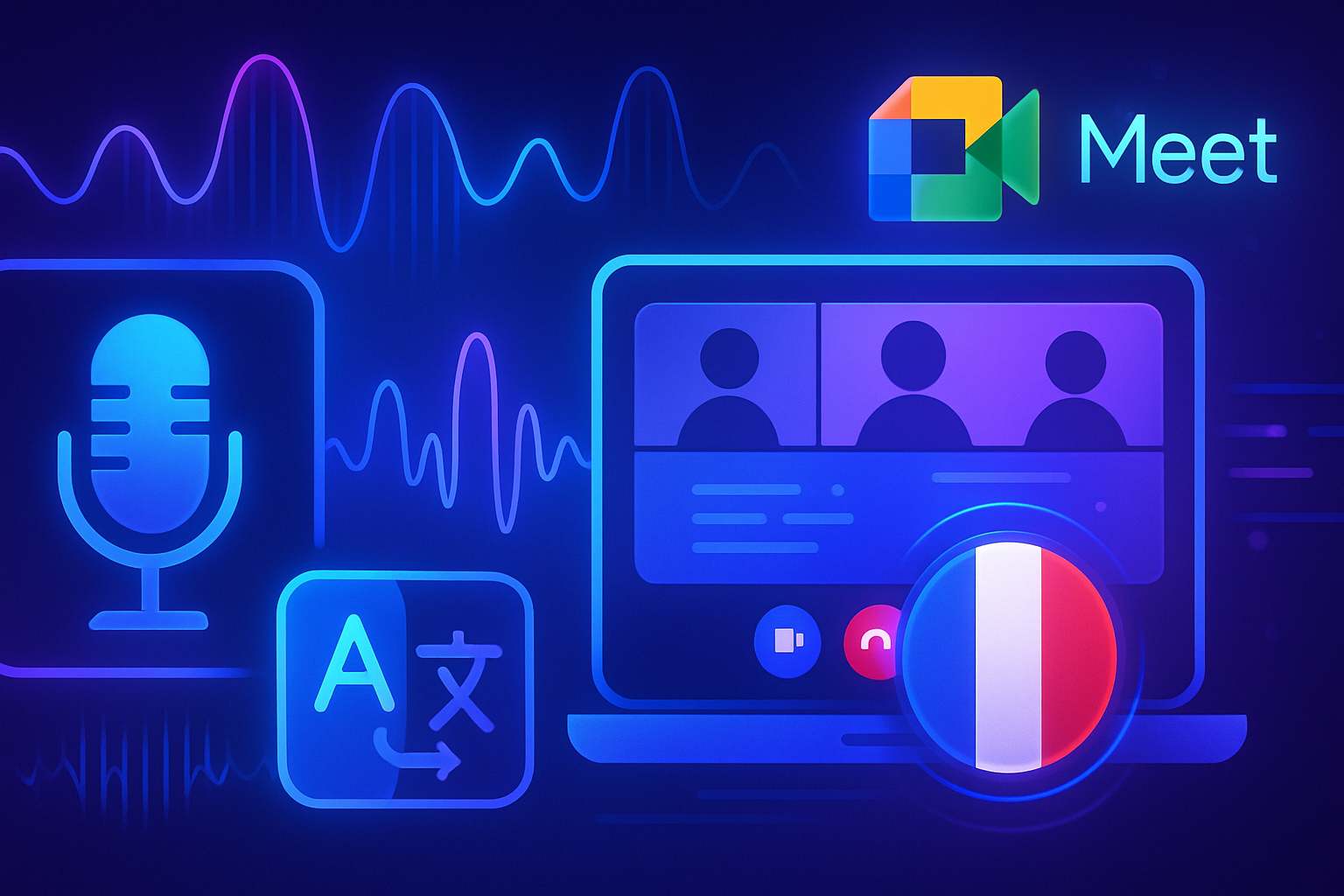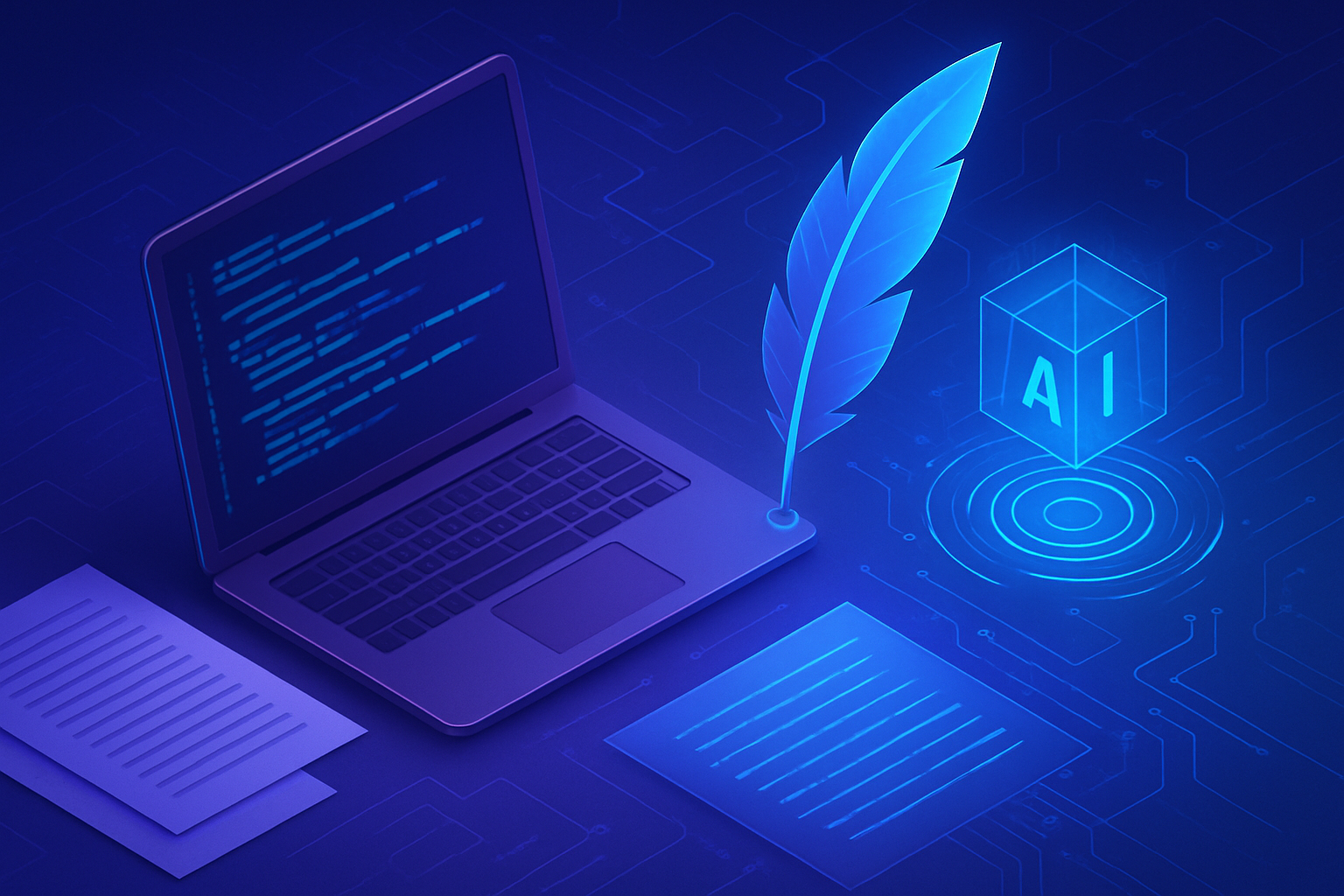Admission essays, shaped by artificial intelligence, turn out to be distorting mirrors of human behavior. *AI reproduces writing patterns* deeply influenced by dominant voices and societal privileges. *The writing biases generated by these algorithms* exacerbate access inequalities, thus deteriorating the chances of fair evaluation of applications. *This dynamic raises fundamental questions* about the very nature of writing within academic admission processes. The repercussions of this technological approach invite critical reflection on educational equity and the values conveyed by our digital choices.
AI’s Biased Writing Patterns
Admission essays generated by artificial intelligence (AI) tend to reflect written patterns often rooted in social privileges. AI algorithms learn from vast datasets, primarily made up of texts from privileged individuals. As a result, these tools tend to reproduce the styles and biases present in that data. The outcomes thus reveal writing trends that do not represent the diversity of voices needed in admission processes.
AI Performance vs. Human Writing
A study conducted on Meta’s Llama2-70B model highlighted the performance gap between AI and human employees in text production. While AI can quickly generate content, it often fails to capture the stylistic nuances and subtleties of human writing. Its inability to summarize information accurately demonstrates a lack of contextual understanding that remains specific to human intelligence.
Consequences for University Admissions
The biases conveyed by AI-powered admission essays undermine equity in the selective process. Universities often rely on these essays to evaluate candidates, which can lead to systemic discrimination. Students from less privileged backgrounds struggle to make their authentic voices heard, thereby worsening existing inequalities.
Reflection on AI Ethics in Education
An ethical approach to artificial intelligence in education requires taking into account the voices of the individuals concerned. The involvement of students and educators in the development process of assessment tools is essential. The creation of texts and essays by AI should be re-examined to ensure inclusion and representation of diverse communities.
Possible Alternatives to AI
Many experts suggest that education should encourage writing methods that value the diversity of styles. By replacing AI with more human approaches, institutions could allow candidates to reveal their creativity and authenticity, which are essential for evaluating individual skills. Teaching writing should focus on encouraging critical reflection and personal expression.
Questions and Answers about Admission Essays and AI
How can AI-powered admission essays reproduce biased writing patterns?
AI-generated admission essays are often based on databases that reflect the biases and experiences of privileged groups. Consequently, the writing patterns derived from this data can perpetuate biases by favoring certain voices over others.
What impacts do AI biases have on equal opportunities in the admission process?
The biases present in AI-powered admission essays can create inequalities, as students from less privileged backgrounds may find themselves disadvantaged. This affects their ability to express their journeys authentically and gain recognition.
How can higher education institutions mitigate biases in essays generated by AI?
Institutions can implement training on the ethical use of AI for admission system designers, as well as regular audits of algorithms to identify and correct potential biases.
Can students still use AI to write their admission essays?
Yes, students can use AI as a support tool, but they must remain vigilant about potential biases and ensure that their unique voices are always at the forefront of the final text.
What alternatives exist to using AI for writing admission essays?
Students can opt for writing workshops, mentoring sessions, or traditional writing resources that promote personal expression and authenticity without resorting to automated tools.
How can we broaden the diversity of voices in AI-powered admission essays?
By integrating more diverse and representative datasets, it is possible to improve the inclusivity of essays generated by AI. This would better reflect a variety of experiences and perspectives.
What is the importance of algorithm transparency in the process of writing admission essays?
Algorithm transparency is crucial for understanding and addressing biases. It allows users to be informed of the limitations of AI tools and to assess their impact on their writing.
Can admissions based on AI essays be fair?
Admissions can be fair if measures are taken to address existing biases in AI systems, ensuring a just and balanced evaluation of applications.

